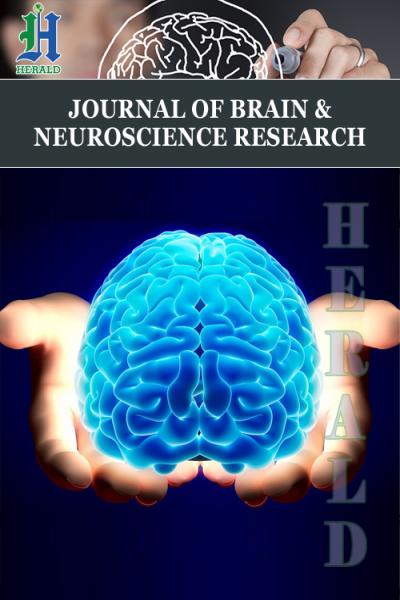
Motor Control
Motor control refers to the process by which the nervous system coordinates the body’s muscles to produce purposeful movements. It involves complex interactions between the brain, spinal cord, peripheral nerves, and muscles. The brain regions primarily responsible for motor control include the motor cortex, cerebellum, basal ganglia, and brainstem. These areas work together to plan, initiate, and regulate voluntary movements.
The motor cortex sends signals through the spinal cord to motor neurons, which directly stimulate muscle fibers to contract. Sensory feedback from muscles and joints provides continuous information about body position and movement, allowing for adjustments and fine motor skills. The cerebellum plays a key role in coordinating timing and precision, while the basal ganglia contribute to movement initiation and control of posture.

